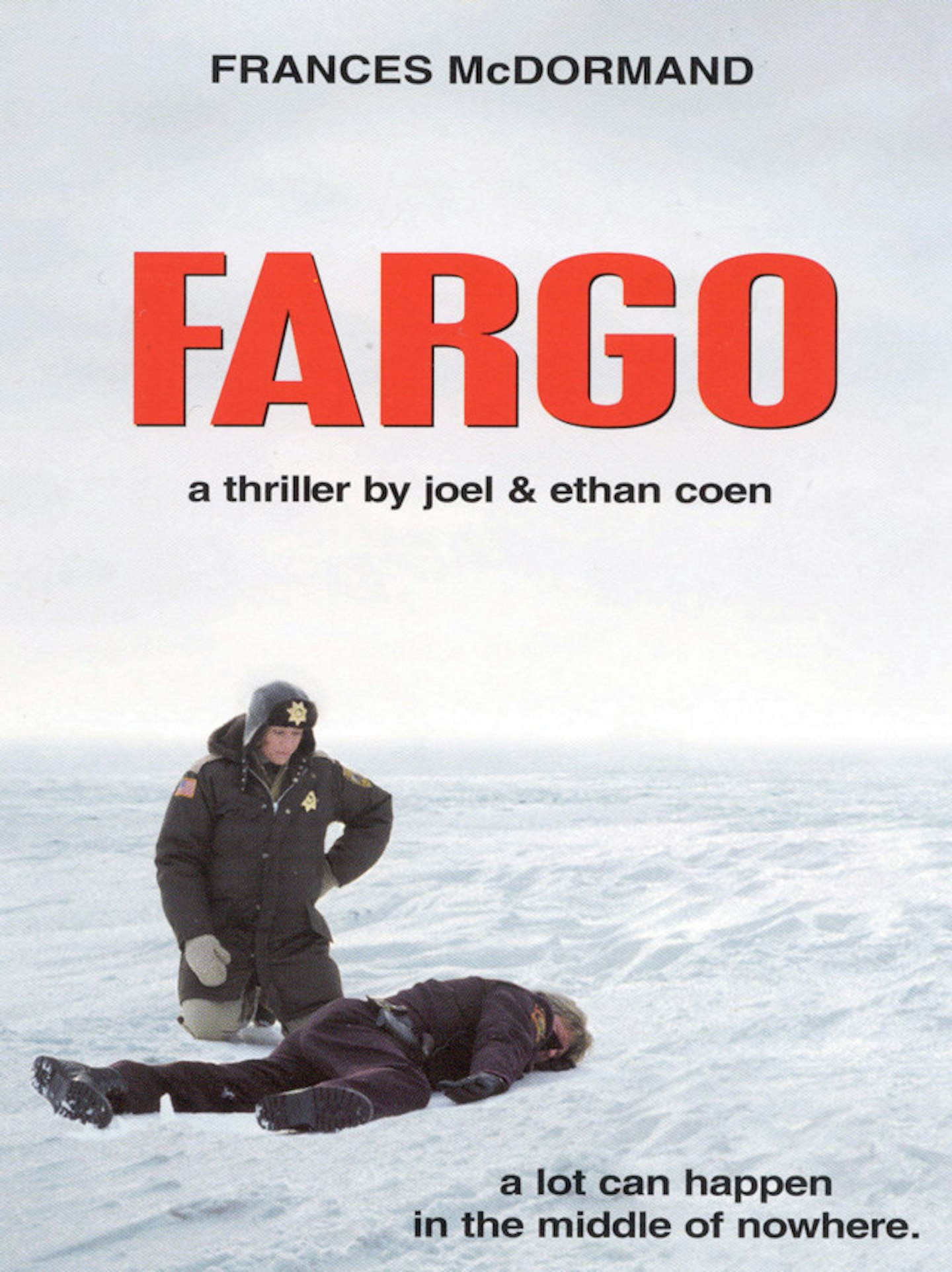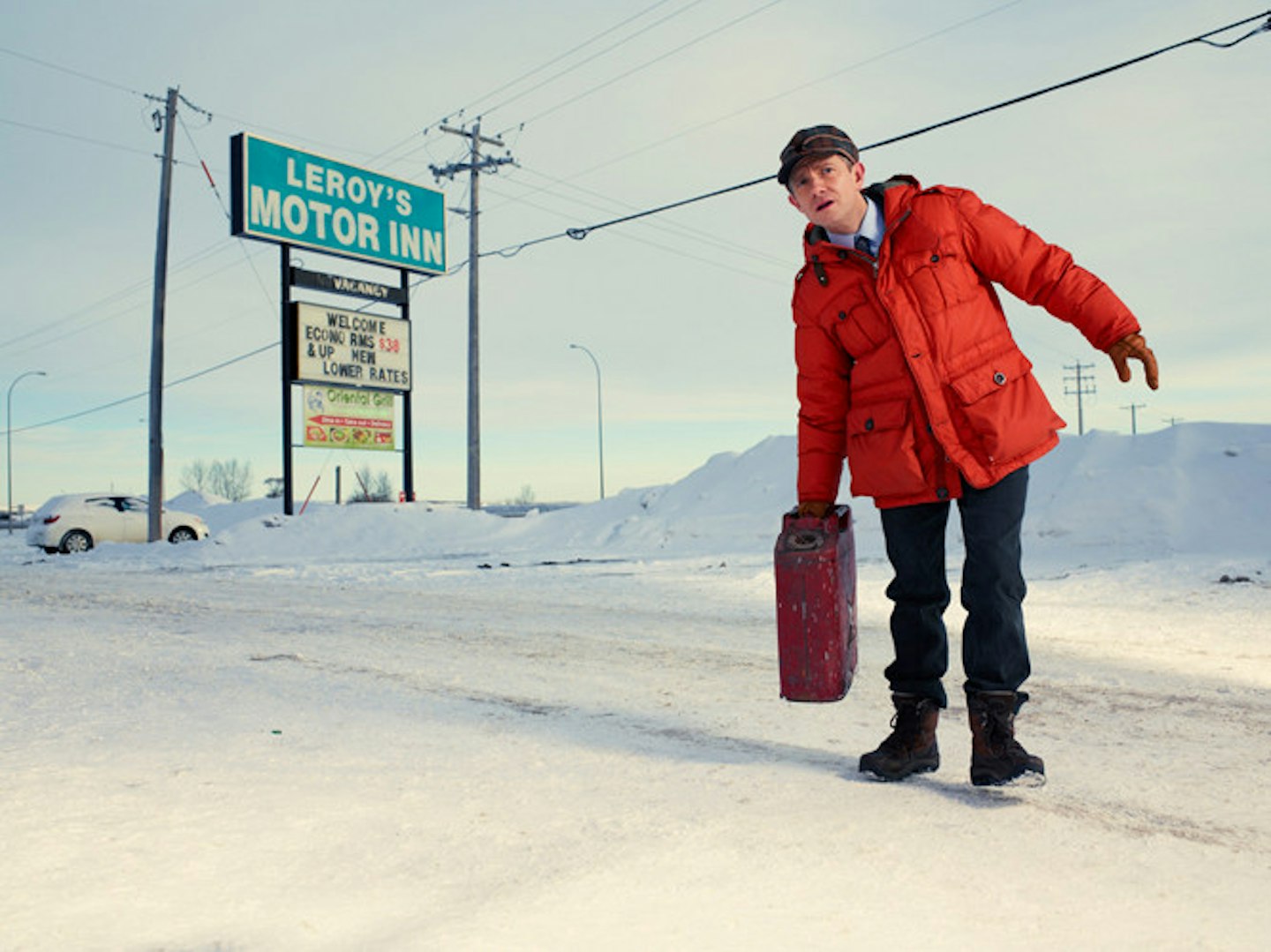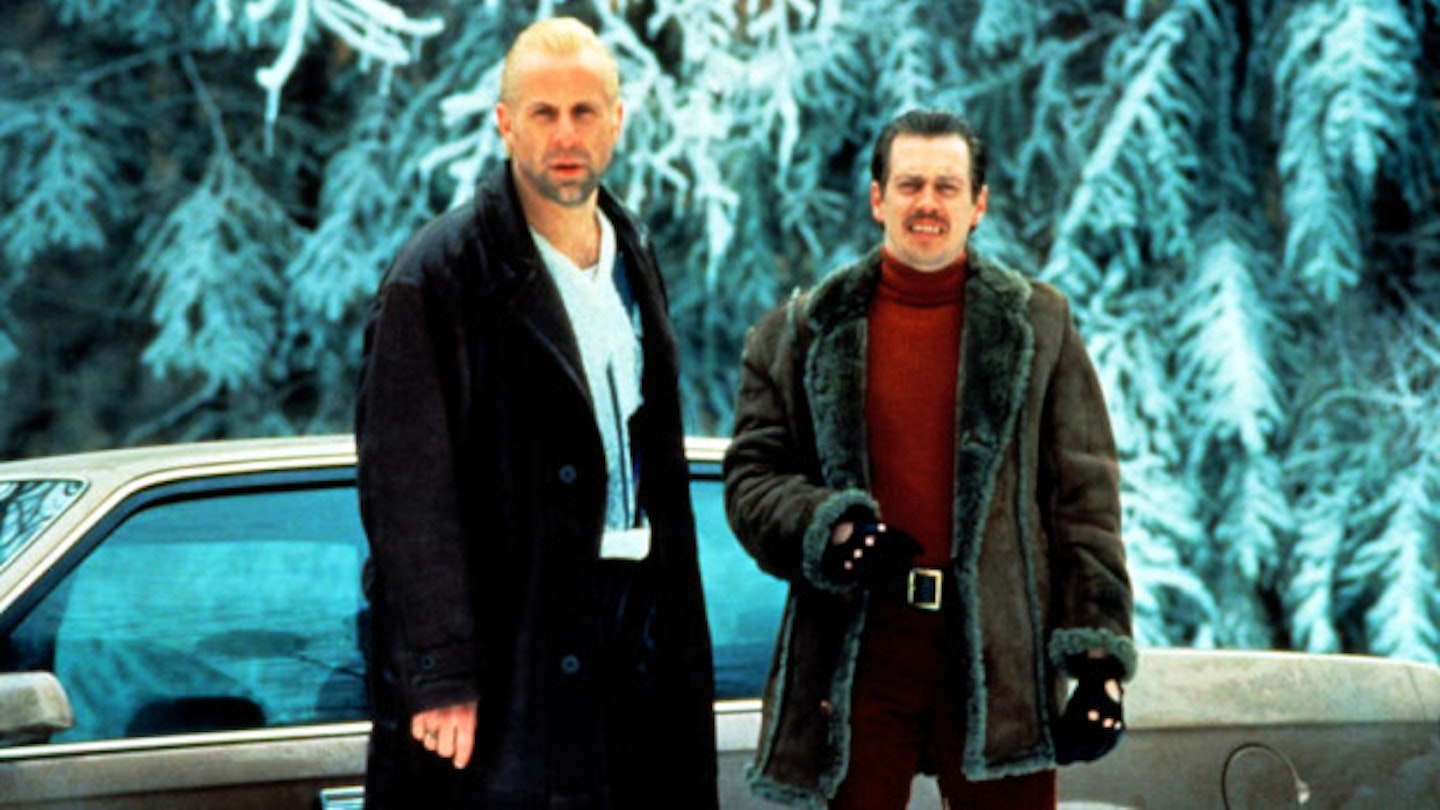Most of the time, when you ask if a film or TV show is based on a true story or not, you get a pretty straight-forward 'Yes' or 'No' answer.
But when it comes to Fargo, the lines between fact and fiction are blurred. And that’s something the Coen brothers did deliberately, basing the film on some real life events but only saying they had as a narrative vehicle; a way to tell a different kind of story that shows the impossibility of separating fact from fiction at all.
But while the award-winning cult film and the TV series aren’t exactly based on true stories, there are a number of strange events that inspired the film in the first place. And in a bizarre turn of events, the film inspired a real life event of itself. Meta, huh? But before we get too wrapped up in a postmodern debate about the difference between fact and fiction, let’s cut to the facts….
Is Fargo the film a true story?

Here’s what we know happened. In November 1986, a jury convicted a man of murdering his wife. Allegedly, the wife had suspected her husband of cheating and called upon a PI to help her get proof. Then when the wife went missing the PI notified the police. Allegedly, the husband had bludgeoned her to death, put her in the freezer, used a chainsaw to cut up her body into smaller pieces, then fed those parts into a wood chipper. Right now, he’s serving a 99-year sentence in Connecticut.
But where does that tie in with the 1996 film by the Coen brothers? Well if you’ve seen the film you’ll recognise at least one grizzly aspect of that story; the wood chipper.
When the film was released, journalists went on a hunt for the true story that inspired the events in the film, because the tricksy Coen brothers had deliberately made it seem like it was based on real life.
The opening credits of the film read: 'THIS IS A TRUE STORY. The events depicted in this film took place in Minnesota in 1987. At the request of the survivors, the names have been changed. Out of respect for the dead, the rest has been told exactly as it occurred.'
The Coen brothers, after some interrogation, said: 'If an audience believes that something's based on a real event, it gives you permission to do things they might otherwise not accept.' To them, it was a narrative device. To the journalists who wasted months trying to find the case... it was probably just fucking annoying. Especially as the internet didn’t really exist then.
What happened after the film was released though, gave this whole ‘is it, isn’t it’ thing a really strange twist. A Japanese office worker was believed to have taken the film literally, and headed to Fargo to find the money that gets hidden, only to die in the cold. This has since been written off as urban legend, amplified by hysteric headlines; in fact the girl had committed suicide. Why she was there though is still unclear, despite investigations and a documentary called This Is A True Story by Paul Berczeler that looked into the events that led to the girl’s death.
Is Fargo the TV show a true story?

It’s rare that a TV show based on a film is welcomed with such critical acclaim and is so widely popular. But the Emmy award winning *Fargo * has done that. Probably helped by the fact The Coen brothers were Executive Producers on the first two FX series (the third is in the pipeline for a 2017 release).
Like in the film, each episode is pre-empted with the sentences: ‘This is a true story. The events depicted took place in Minnesota in [year]. At the request of the survivors, the names have been changed. Out of respect for the dead, the rest has been told exactly as it occurred.’
But as in the film, this is not actually ‘true’ (although, if you’re currently studying postmodern literature you’ll probably disagree). It’s simply something that writer Noel Hawley says to allow him to tell his story a certain way.
So is Fargo based on a true story?
No. And yes.
It just depends on how you define the word ‘truth.’
Like this? Then you might also be interested in:
Georgia From First Dates Tells Us Why She Didn’t Go Back Out With Alex
First Dates’ Abi: What It’s Like To Be Hated By The Internet
Follow Tabi on Twitter @tabijgee
This article originally appeared on The Debrief.
